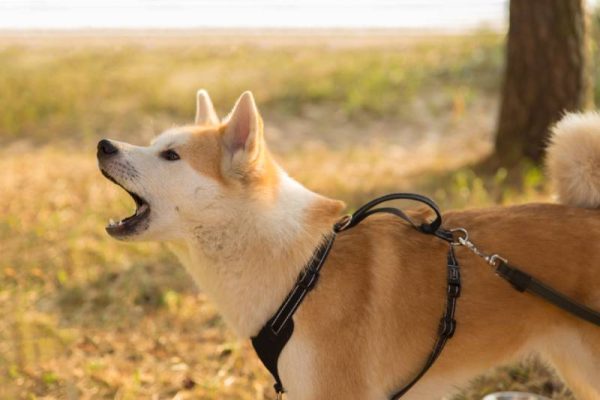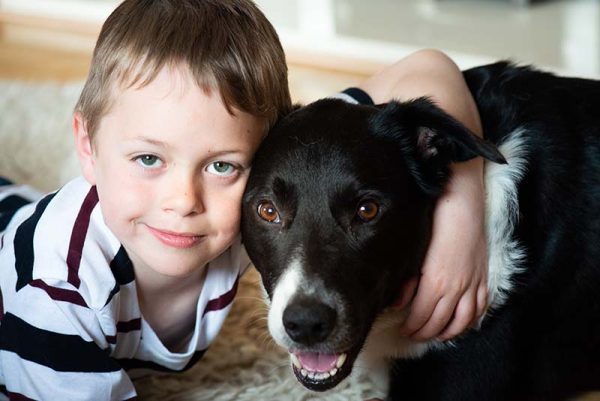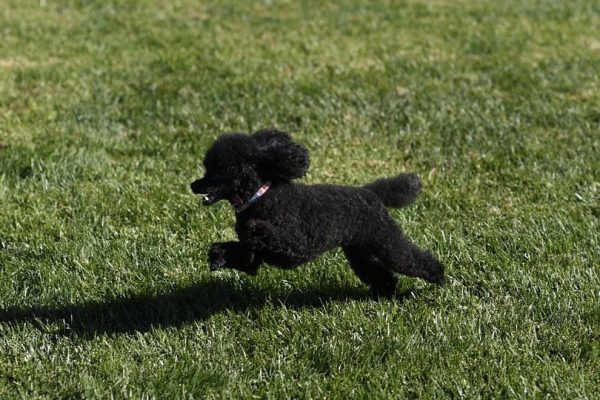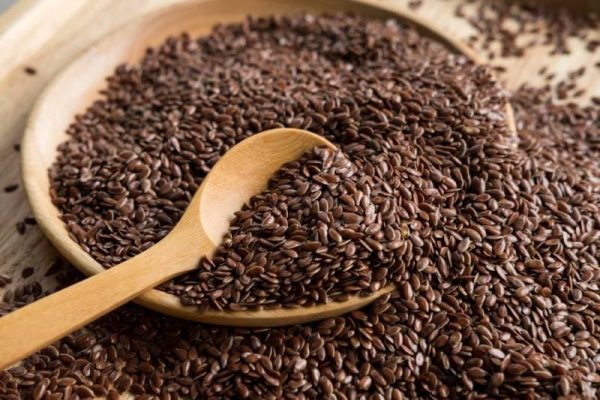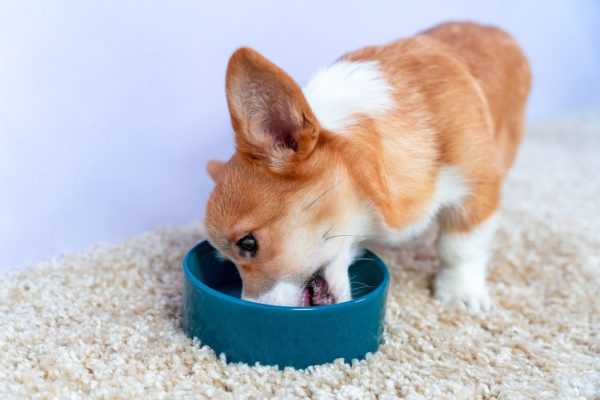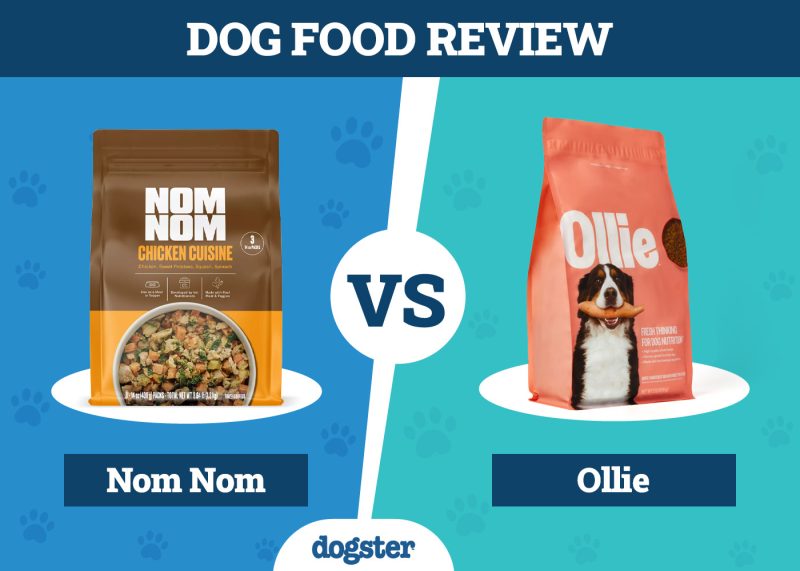When I adopted my dog, Tula, the adoption company told me that she was an Akita cross. She does have a curled tail, and sometimes, when I see her in the right light, she has a thick Akita neck. She also shows her love in subtle ways.
Tula definitely isn’t clingy and certainly has some Akita in her. But she also howls like a Husky, jumps like a Malinois, and has the giant ears of a German Shepherd. She’s also not as stocky as a purebred Akita. She loves nothing more than meeting and playing with other dogs on the beach, traits that are not considered typical of that breed. That’s what you get when you adopt a mutt: a beautiful boiling pot of traits from various breeds.
Here, we look at the reasons that you should consider adopting a mutt, too!

The 7 Reasons to Adopt a Mutt
1. You Save a Life
Tula was rescued from a rubbish dump overseas. She had a broken leg that healed poorly, and I dread to think what would have happened if we hadn’t taken her in. That’s what you get when you adopt: the ability to give an otherwise forgotten or abandoned dog a chance at a real life in a loving home with a caring family—something every dog deserves.
It hasn’t all been plain sailing, of course. The first few months after her arrival, she was scared and anxious. She didn’t bark once and wolfed down every scrap of food she could find, and that poorly healed broken leg has needed CT scans, X-rays, and operations (I am very thankful for pet insurance). There will be challenges ahead when you adopt a mutt, but you will be giving a dog a second chance at a good life.
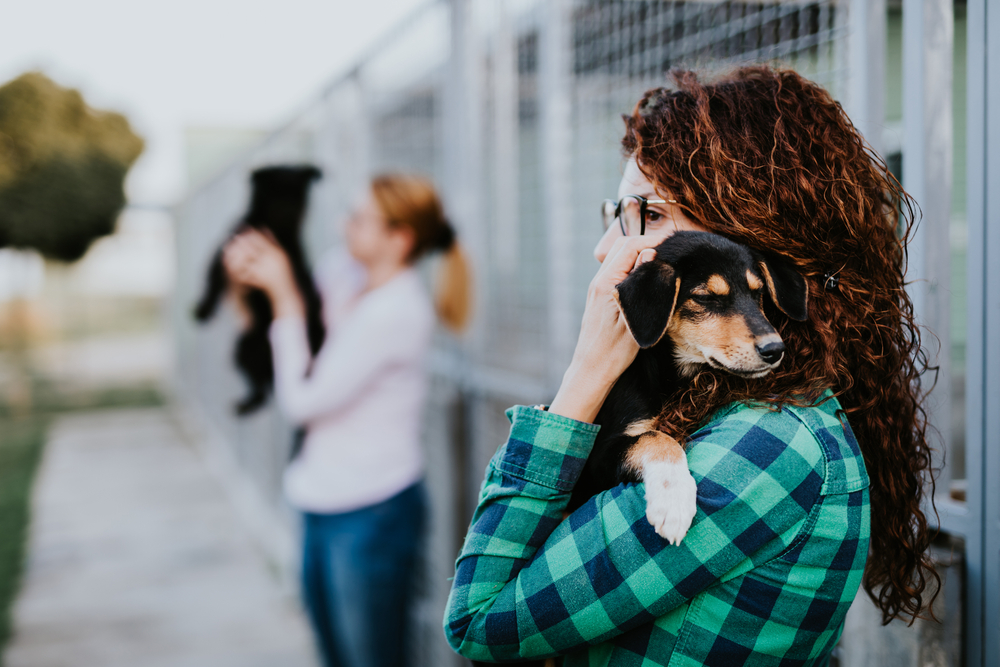
2. Mutts Are Less Expensive Than Purebred Dogs
Depending on the breed, purebred dogs can cost thousands of dollars. Even some of the more popular hybrid breeds that have emerged recently can cost a lot of money. Mutts, or mongrels, however, do not attract this kind of ticket price and can usually be picked up for a few hundred dollars or less from a rescue center.
The actual price you pay does depend on where you get the dog. But even insurance costs tend to be lower for mutts than purebred dogs, so you can save in this regard too.
3. Adopting Is Less Expensive Than Buying
Shelters don’t look to make profits, but they do need to recoup some of the costs associated with rescuing a dog. They also have the dogs checked over by a vet, who will have them spayed or neutered and microchipped if those haven’t already been done. They may vaccinate the dog to protect them from infectious diseases. Shelters also have to cover the cost of feeding, watering, and caring for the dogs.
These expenses are where your adoption fees go, but they are almost always lower than you would pay if you bought a purebred dog from a breeder. You can expect to pay a few hundred dollars at a shelter, rather than the thousands of dollars you would at a breeder’s.
By giving that money to the shelter, you are helping them pay for the costs of rescuing the next dog they take in.

4. You Take Money Away From Puppy Mills
Reputable breeders certainly do exist. They keep all their dogs and puppies in good condition, ensure that they are fit and healthy, and even vet prospective buyers to ensure that their puppies go to good homes. However, there are also large-scale puppy mills that churn puppies out as quickly as possible to make as much money as possible.
Puppy mills are commercial breeding farms where dogs are bred quickly and typically kept in poor conditions. They exist to make money, and they survive because people buy dogs from them. The dogs themselves are generally kept in poor conditions and bred more often than is recommended. They don’t get socialized with people other than prospective buyers, and cages are rarely cleaned out.
By adopting a dog, you not only save yourself money compared to buying a purebred dog, but you also take thousands of dollars away from puppy mills.
5. Mutts Can Be Healthier Than Purebred Dogs
Hereditary conditions are those that are passed on from one generation to the next when a parent passes on their genes to their offspring. Line breeding is fairly common with some purebred dogs. This effectively means breeding related dogs to ensure that desirable qualities are passed on to the next generation. It also means that the parent dogs are more likely to carry the same genetic markers.
Even where line breeding doesn’t occur, purebred dogs with highly desirable traits are bred extensively through that breed’s population, passing on hereditary conditions to their puppies. The genetic gene pool among some pedigree populations is small ,which means the risk of inbreeding is increased. Since mutts get their genes from a larger genetic pool, they are less likely to develop certain hereditary traits. One study found that 10 of 24 genetic disorders are more likely in purebred dogs, compared to just one being more likely in mutts. The other 13 genetic disorders studied were equally likely to occur in purebred and mixed-breed dogs.
In some cases, hereditary conditions are intentionally bred into purebreds. Brachycephalic dogs are those with scrunched-up faces, such as Pugs and Boxers. These facial conditions are considered desirable for their looks, but they can and do lead to vision and breathing problems.
Adopting a mutt means you are more likely to get a dog that will lead a long and healthy life, though that isn’t always the case.
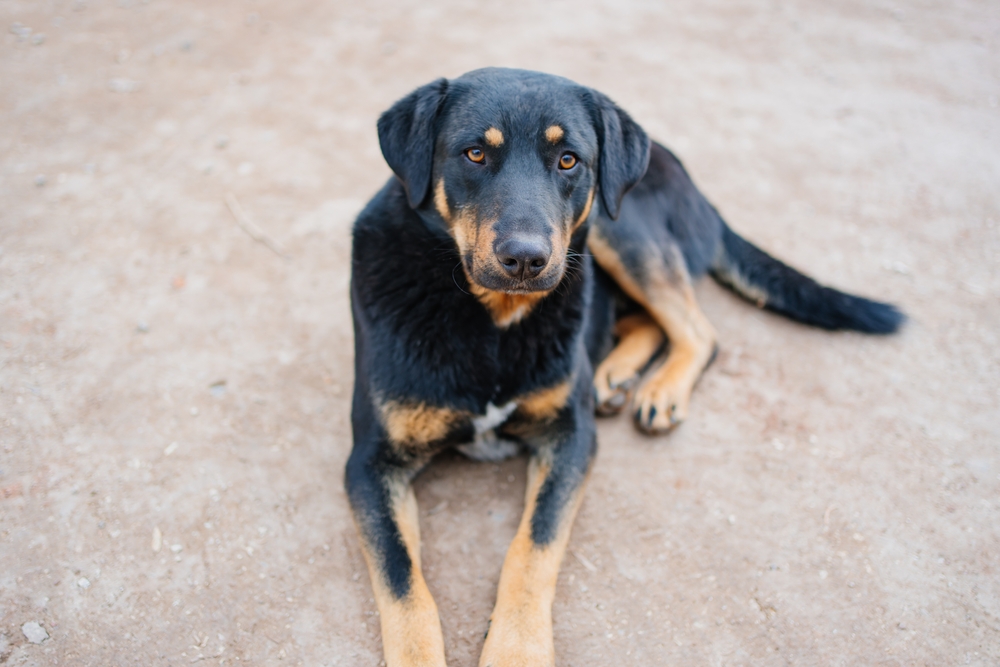
6. Every Mutt Is Unique
I haven’t had a DNA test done on Tula yet, but I suspect that she is a combination of an Akita, a German Shepherd, and a few other breeds. Some fellow dog walkers comment that she looks like an Akita, while others say that she looks like a Siberian Husky. Both groups are probably right! One thing I do know for certain is that I’ve yet to see another dog that looks exactly like her.
There are hundreds of purebreds, and most mutts combine several of them, rather than just two. This means there are millions of possible combinations of breeds that go into every mutt, so there is a good chance that you will get a unique-looking dog with unique characteristics.
7. You See Them Develop
When you get a puppy, you get to see them develop from a little ball of fur into a characterful adult dog. When you adopt a mutt, the change can be even more profound, especially if the dog has had a challenging start in life. I’ve seen my own dog develop from a scared, anxious pup into a confident young adult.
The rescue did an amazing job with her. She was well-socialized with other dogs and even cats. She was mostly healthy and she enjoyed meeting people. She’s kept these traits and has developed her own personality even in the few months that I’ve had her. It has been incredible to see her gain confidence along the way, and you can enjoy watching that same journey if you rescue a mutt too.


Final Thoughts
Rescuing a mutt not only gives the dog that you adopt a second chance, but it also frees up space for another dog. It provides the shelter with money so it can continue the hard work that it does. Despite this, adopting a mutt costs less than buying a purebred dog, and you will usually find that insurance costs are lower too.
I totally understand why people want a purebred dog: You can choose the appearance and even the likely characteristics of a dog based on their breed. However, adopting a mutt has several benefits over buying a purebred, which is part of the reason that most pet pups in the U.S. are mixed breeds.
Featured Image Credit: Collins Unlimited, Shutterstock




